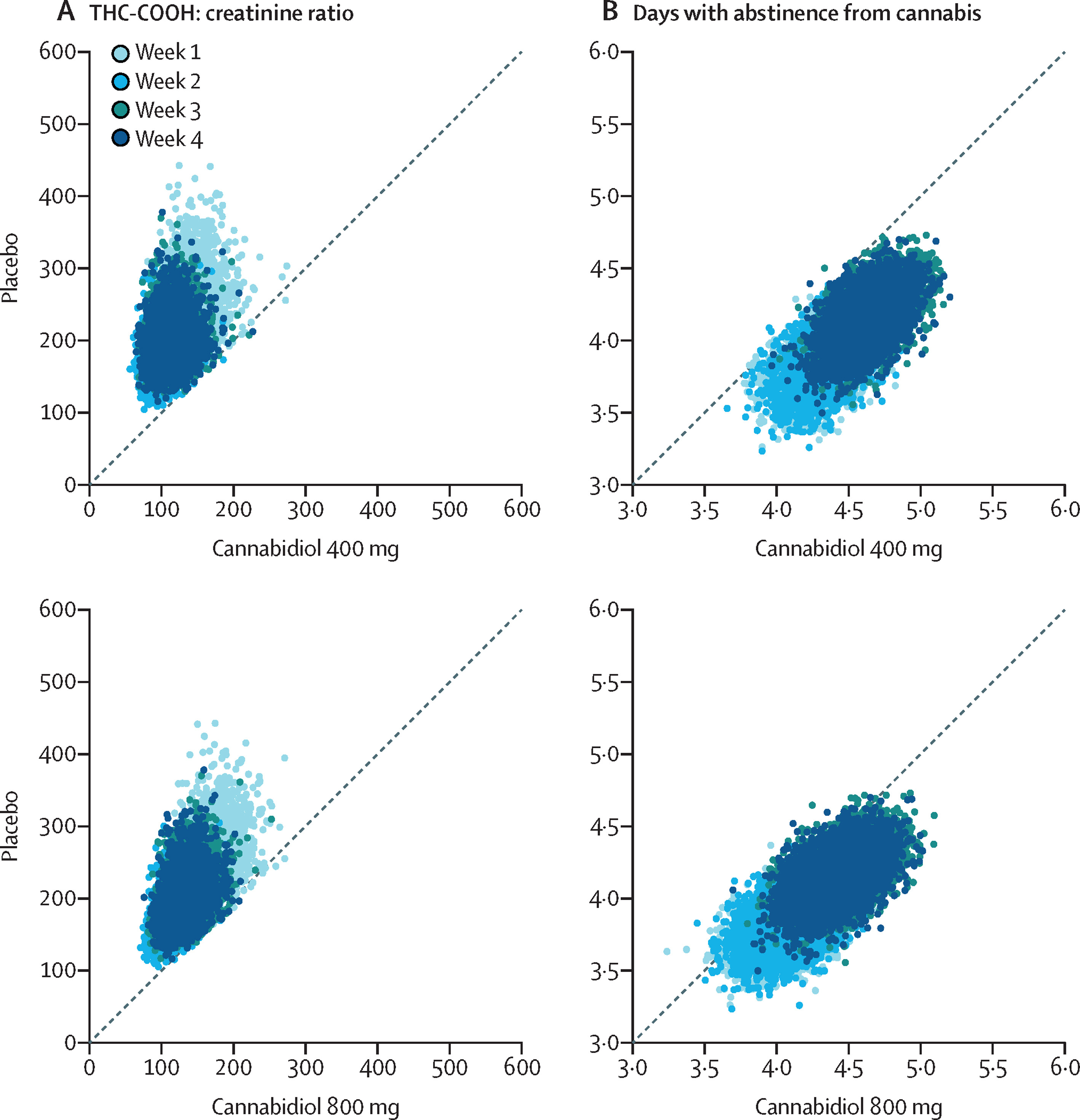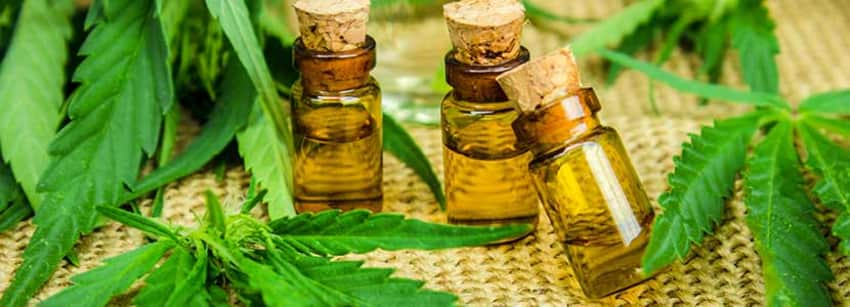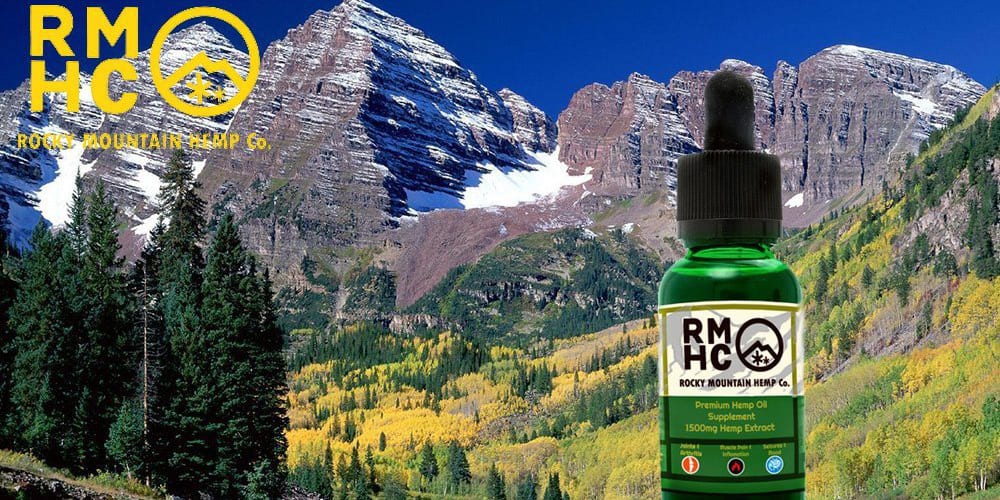
Cannabidiol Salve is a topical product containing hemp-derived CBD extract. It is full-spectrum CBD oil that contains all cannabinoids present in the cannabis plants, including THC. It also contains lavender oil, which has anti-inflammatory properties, and almond oil, which may promote wound healing. A few products have up to 100 mg of full spectrum hemp-derived CBD extract.
Ingredients
Cannabidiol can be used in topical applications such as cannabis salve. You can make a cannabis salve by mixing cannabis extract with coconut oil or olive oil. The mixture is then applied on the affected area. The salve can provide results within five to 20 minutes. It can be used several times per day.
There are also other ingredients that may help to relieve pain. Peppermint essential oil has an anti-inflammatory and cooling effect on the skin. It's also great for soothing stress, itchy bug bites and other discomforts. Lavender essential oil can be another ingredient that can help to relieve pain and promote relaxation.
Benefits
CBD salve provides relief for muscle pains following a workout, as well as old injuries and first aid. It also contains lavender essential oils, which help to relax and induce rest. CBD oil has skin-friendly anti-inflammatory, antioxidant and healing properties. This product also contains calendula wax and Jojoba oil, which are both known for their soothing effects.

Cannabidiol balms are effective in relieving arthritis and inflammation-related pain. CBD salve is a great way to reduce joint pain from arthritis and osteoarthritis. The CBD salve interacts with the body's Endocannabinoid System, which aids in pain management and adapting to changes in the environment. The substance does not have any psychoactive properties, making it safe to use.
Dosage
CBD (Cannabidiol or CBD) is used for many purposes in the body. Because CBD in these products is not ingested, they are very different from ingestible ones. They work by relieving discomfort and inflammation.
A full-spectrum CBD salve must contain high levels of CBD. It will also act as a barrier cream and be ideal for sensitive skin, such as the neck and face. It is made of natural food-grade ingredients.
Available
CBD salve contains CBD as well as other cannabinoids. It's made from a mixture of hemp, beeswax and almond oil. This helps reduce inflammation and promotes wound healing. It is completely free of sulfates, formaldehyde, petroleum, and artificial colors and fragrance.
Cannabidiol creams are similar to CBD gels, but they can be used topically. CBD salves, made from hemp, contain CBD and THC. Both CBD & THC can have their respective benefits and work together in synergistic ways. CBD salves undergo third-party testing to ensure safety.

Cost
CBD salve can be used topically to get high levels of hemp oil, CBD, and other cannabis compounds. Other ingredients include almond oil which has anti-inflammatory properties and beeswax that has antimicrobial properties. The CBD in the salves has a maximum of 100 mg per application.
CBD salves are available in many forms, including lotions, creams, and gels. Prices vary from $0.07 to $0.30 a milligram depending on the brand. They can also be found in one-ounce to four-ounce containers. These containers can contain up to 1,000 mg of CBD. Some brands also offer roll-on tablets that contain menthol.
FAQ
How much CBD is required?
It all depends on the product you're purchasing.
CBD oils can be purchased in strengths of 100mg up to 1,000mg per bottle.
There are many companies that make CBD products in very specific dosages. For example, 25mg, 50mg or 75mg.
For example, the company Charlotte's Web makes CBD products with precise amounts of CBD and other cannabinoids.
You can start slowly if you aren't sure if CBD will work for your needs.
It is possible to always go higher.
How can CBD products successfully be marketed by companies in compliance with regulations?
The FDA does not regulate hemp for its agricultural commodities. The Controlled Substances Act governs all other cannabis derivatives, such as marijuana. CBD is not covered by any regulations.
CBD is legal at state level in 29 US states. Federal law considers it illegal. Businesses looking to sell CBD products are left in uncertainty.
The FDA has strict guidelines regarding how CBD products can be promoted. THC content must be clearly disclosed. Without scientific evidence supporting this claim, CBD cannot be used to treat certain medical conditions.
Additional information is required by the FDA regarding manufacturers' manufacturing practices, quality control measures, and other details. They require companies to carry out clinical trials to prove safety or efficacy.
These factors should be considered by companies when they develop their marketing strategies.
Which countries have the best quality CBD?
The United States produces the vast majority of CBD products.
But Canada, Australia, New Zealand, and Israel are also producing high-quality CBD products.
Where can I purchase CBD products?
You can purchase CBD online or at local retail stores. Online retailers tend to offer better deals. Many websites offer CBD products that are made from industrial hemp. This product contains less than 0.3% THC.
You can shop locally if you prefer to buy CBD products from brick-and-mortar stores.
There are laws in many states that allow CBD products to be purchased without the need of a prescription. You may be able buy CBD products from your local pharmacy if you are a resident of one of these states.
CBD products can be delivered directly to your front door.
Statistics
- OralWhere HED is the human equivalent dose, and Km is a correction factor estimated by dividing the average body mass (BM) of the species (60, 0.020, and 0.150 kg for 11 humans, mice, and rats, respectively) and by its surface area (see: Nair et al. (ncbi.nlm.nih.gov)
- A recent study [161] also found that in vitro CBD treatment (i.e., ≤ 2 h exposure to 10 μM) induced ~40% vasorelaxation in isolated (pre-constricted) (ncbi.nlm.nih.gov)
- The inhibition of FAAH is predicted to lead to an increase in brain and plasma concentrations of AEA, which acts as a partial agonist at CB1R and CB2R, thereby increasing endocannabinoid tone [92, 110]. (ncbi.nlm.nih.gov)
- While the primary injury may not be treatable, interventions that attenuate secondary sequelae are likely to be of benefit [203].Only one study (ncbi.nlm.nih.gov)
- A recent systematic review of human trials also reported that individuals with epilepsy receiving CBD (5–20 mg·kg−1·day−1) were more likely to experience decreased appetite than those receiving placebo (i.e., ~20 vs. 5% of patients) (ncbi.nlm.nih.gov)
External Links
How To
What are the most common problems in the CBD industry?
The market for CBD products continues to grow at an amazing rate. Businesses looking to get into this market face many obstacles. These include a lack of consumer awareness, high cost of entry, limited access to capital, and regulatory uncertainty.
Many people are not aware of what CBD is, or how it functions. This means that consumers are unable make informed decisions about purchasing CBD products.
CBD companies heavily rely on word-of-mouth advertising. This is costly, as it requires advertising and the hiring of staff to promote their brand.
High production costs are another problem facing new entrants in the CBD industry. The raw materials needed to create CBD products are quite expensive. For example, hemp needs to be grown in specific climates and soil types before it can be processed into CBD oil.
It takes approximately $1,000 per acre to grow enough hemp to process into CBD oil. Because of this, many small farmers are unable to afford to grow enough hemp for CBD oil.
A lack of capital access is another issue that new entrants will face in the CBD marketplace. Due to the stigma surrounding the industry, banks discourage many people who wish to start businesses.
Finally, there is regulatory uncertainty surrounding the sale of CBD products. There are currently no guidelines on how CBD products should marketed.
Although states have passed laws restricting CBD products sales, these policies are not yet national.
Only two states, Nevada and Maine, have yet to legalize recreational marijuana.
Some states, such as Michigan and Massachusetts, are looking at similar measures.
These changes could cause increased competition among CBD manufacturers.
These factors have led many entrepreneurs to choose to work remotely rather than starting a physical business.